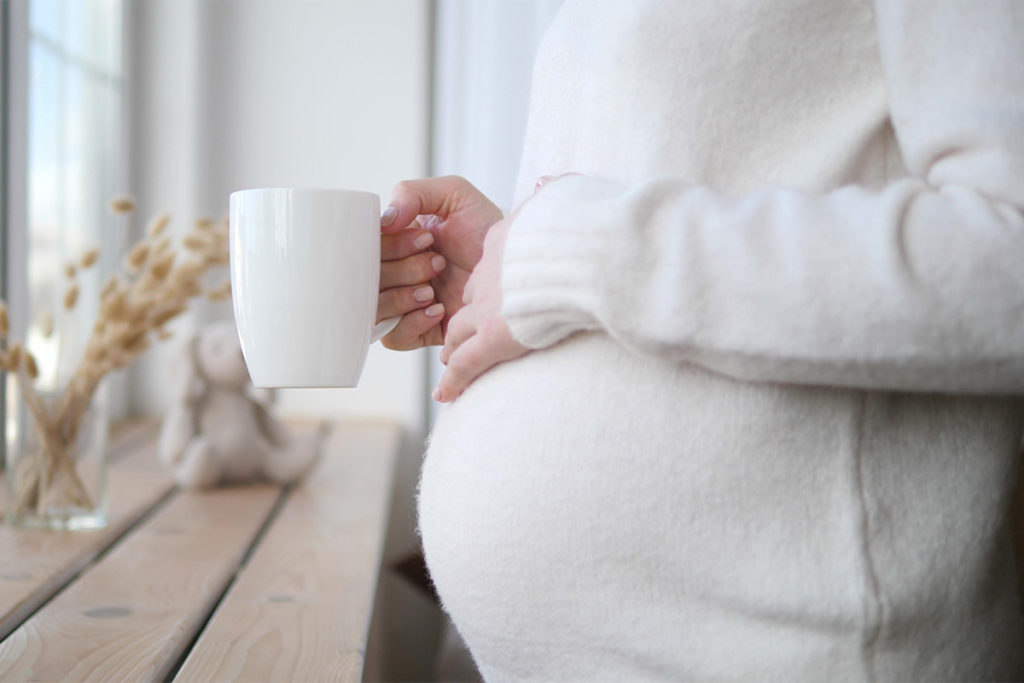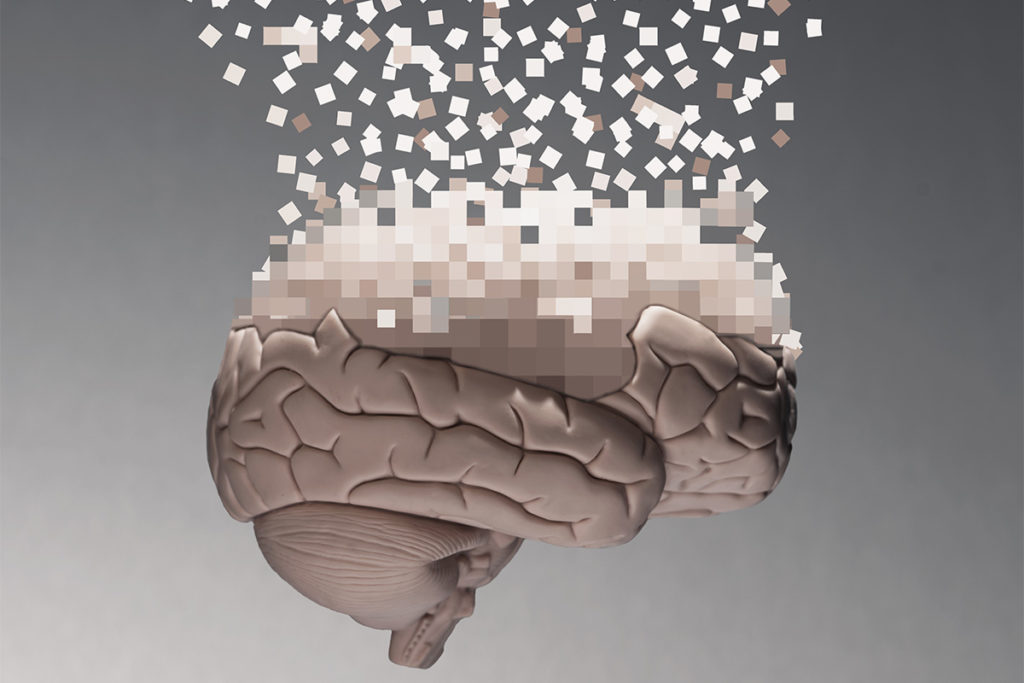Caffeine and Pregnancy Outcomes
Pregnant women may want to trade coffee for camomile.

Coffee—and the caffeine that gives it its power—appears to be a drink of concern for moms-to-be. This advice hails from an analysis of observational studies that assessed pregnancy outcomes related to caffeine intake. In all, 48 articles, including 37 previous observational investigations, were included in the review study, and a significant number of the trials found that caffeine intake could indeed increase the risk of adverse pregnancy outcomes.
Negative pregnancy outcomes included miscarriage, stillbirth, low birth weight, preterm birth and childhood acute leukemia.
Chronic exposure to any chemical during pregnancy is a cause for concern, and perhaps caffeine should not be an exception. Although the current review does not prove causation, many studies used in the analysis did identify dose-response associations between caffeine and pregnancy outcomes, and some studies found no threshold below which negative outcomes were absent. The report was published in BMJ Evidence-Based Medicine.
Currently, many health guidelines for caffeine consumption in pregnant women call for no more than a moderate daily intake—200 milligrams, the amount in about 12 ounces of coffee. This report suggests pregnant women may want to shoot for even lower levels (or perhaps no consumption at all), keeping in mind that caffeine in other items—like caffeinated tea, chocolate and some sodas—also counts toward the daily total.
Matthew Kadey, MS, RD
Matthew Kadey, MS, RD, is a James Beard Award–winning food journalist, dietitian and author of the cookbook Rocket Fuel: Power-Packed Food for Sport + Adventure (VeloPress 2016). He has written for dozens of magazines, including Runner’s World, Men’s Health, Shape, Men’s Fitness and Muscle and Fitness.





